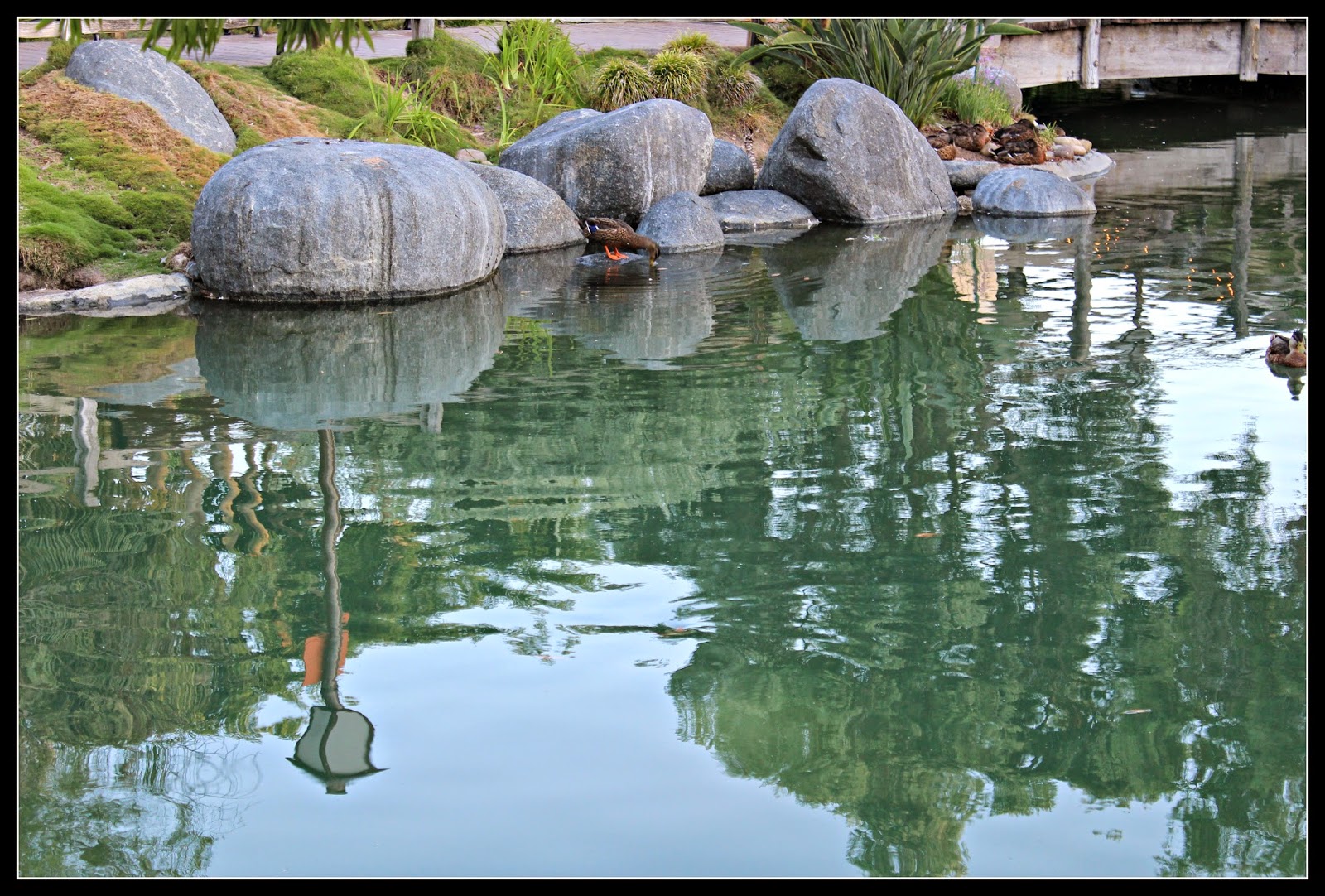The winter chill has thawed and the economy has
rebounded 4% in the second quarter surpassing the governments expectations by
3%. In a spat of heightened economic activity improvement marks a continued trend
of increasing economic gain after one of the nation’s worst recessions. The
numbers provide some relief for those worried about the previous quarter’s
retraction.
“Today’s
advance estimate of real GDP is a positive signal that our economy is
continuing its steady rebound,” stated U.S. Secretary of Commerce Penny
Pritzker. She also highlighted that it is necessary to continue work to ensure
the rebound is long lasting.
The plan is to encourage “more companies to export, increase foreign direct investment in the
United States, strengthen regional manufacturing and economic development hubs,
ensure workers have the skills to find jobs businesses need to fill, and
unleash more of our data, all of which helps businesses grow and create
American jobs.”
The numbers are complemented by an increase in retail and
food services sales, durable goods orders, wholesale trade, new residential
sales, personal income, employment and improvement in exports. Housing
construction was down substantially but didn’t seem to be creating significant
drag.
Despite the downturn in new construction the overall
factors have been positive. Improved international outlook, higher consumer
spending, and slack in the system seems to be tightening. Hopefully it will
maintain its momentum into the next few quarters.
The Federal Reserve is also cutting its bond from
$25 billion from $35 billion. The program was designed to encourage businesses
to spend instead of save. As the economy moves to a cruise control stage there
is less need for government interference.
We have a lot to feel thankful for as we move out of
the recession period. Increased economic activity will require additional
adaptation and investment by companies. With any luck the parity costs of manufacturing
with nations like China may provide additional help with investment stimulus and job creation.



